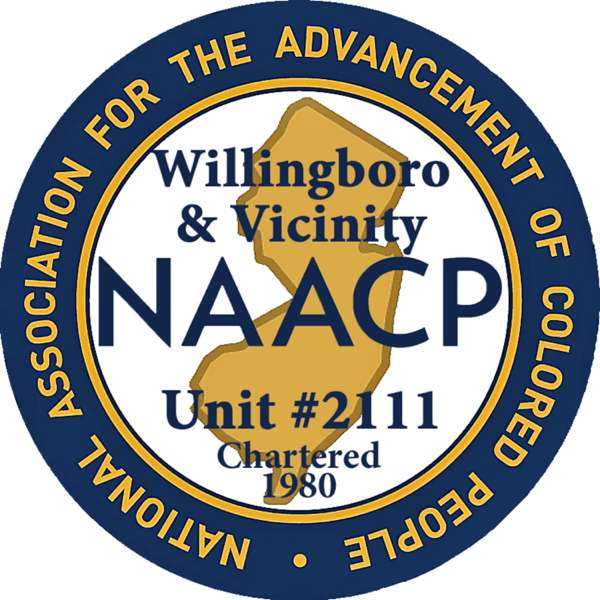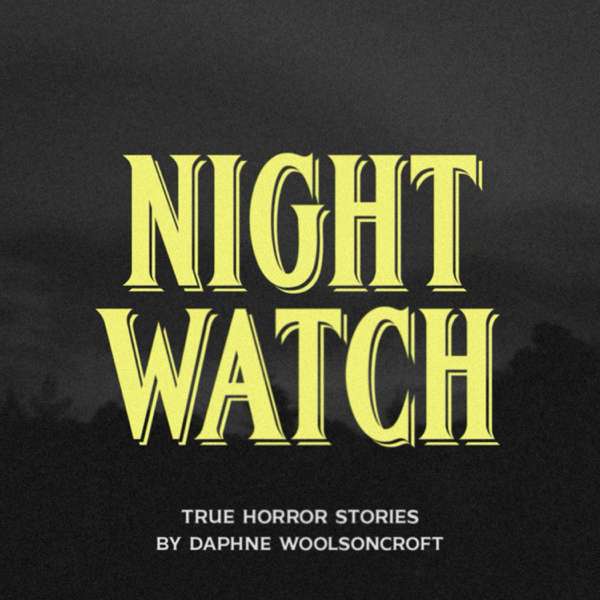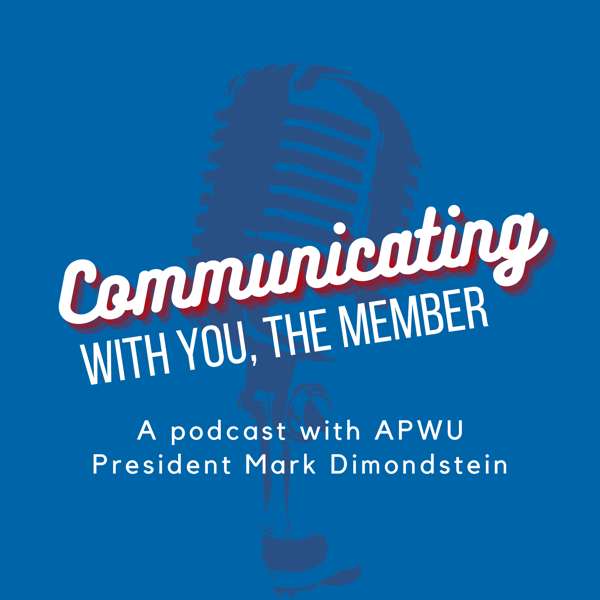EPISODE SUMMARY:
In this episode of NRCAC Team Talk, we spotlight the New Jersey Children's Alliance's groundbreaking, statewide approach to addressing problematic sexual behavior (PSB) in youth. Join guests Nydia Monagas, Maria Isabel Poontoriero (MIP), and Valeria Vila from NJCA as they discuss the development of this innovative program, its foundational framework, and key insights from its first year of implementation.
Whether you're a child advocacy professional, part of a multidisciplinary team, or a Chapter leader seeking to strengthen your community's response to PSB, this episode offers valuable takeaways and inspiration.
Tune in now and discover how your community can take steps toward a more coordinated and effective PSB response.
Topics in this episode:
- What prompted the creation of a statewide PSB response (4:24)
- Formation of the workgroup (9:47)
- Program framework (12:22)
- Referrals
- Training
- Funding
- Quality assurance and data collection
- Challenges (19:31)
- How a case flows through the program (26:53)
- Feedback (30:58)
- What's next (36:13)
- Advice for other states (40:06)
GUESTS:
Nydia Y. Monagas, Psy.D., is the Director of Training and Statewide Initiatives with the New Jersey Children's Alliance (NJCA), a statewide non-profit whose mission is to promote and support communities in providing a coordinated investigation and comprehensive response to victims of child abuse, neglect and family violence. Dr. Monagas serves as co-chair of the Problematic Sexual Behavior (PSB) Statewide Response Workgroup, which established a statewide strategy to respond to cases involving PSB. Dr. Monagas is also an Associate Teaching Professor in the McCormick Center for Child Advocacy and Policy at Montclair State University, where she supervises the practicum experience for undergraduate Child Advocacy and Policy majors and teaches courses on child abuse and neglect, child advocacy, and other related topics. She is also the Director the Family Impact Seminars in New Jersey which provides state policymakers with nonpartisan, solution-oriented research on family issues. Dr. Monagas serves on several statewide Boards, including the New Jersey Task Force on Child Abuse and Neglect and the Child Advocacy Center-Multidisciplinary Team Advisory Board. Dr. Monagas previously conducted psychological evaluations and treatment for children and families involved with Child Protective Services. She completed her Doctorate in Clinical Psychology at Rutgers University Graduate School of Applied and Professional Psychology. She also has a Master of Arts in Educational Psychology and a Post-Bachelor's Certificate in Child Advocacy from Montclair State University.
Maria Isabella Pontoriero ("MIP"), LMSW, MPH, is a licensed social worker and forensic interviewer. MIP is Program Manager at the New Jersey Children's Alliance, managing New Jersey's statewide coordinated response to youth who are impacted by and/or initiate problematic sexual behaviors. MIP is also Founder and Consultant for Enhanced Choice Training & Consulting LLC, which provides specialized training, program development, and case consultation services to individuals and agencies who serve victims of crime and exploitation. In addition, MIP provides training and peer review feedback as a consultant on an as-needed basis for Modell Consulting Group and RADAR Child Forensic Interview Models. She previously served as Lead Social Worker for the New Orleans Children's Advocacy Center & Audrey Hepburn CARE Center at Children's Hospital New Orleans. There, she supervised the full-time and contract forensic interviewing staff and coordinated a child trafficking survivor services team called BRAVE (Building Resilience for All Victims of Exploitation). In partnership with the New Orleans Police Department, MIP developed Louisiana's first proactive recovery planning team that provided rapid recovery and advocacy response to missing and exploited youth who have left home. MIP develops and delivers in-service and New Recruits child abuse curricula for the New Orleans Police Department Training Academy. In her spare time, MIP loves to bake, read, and celebrate Mardi Gras!
Valeria Vila, Ph.D., is passionate about leveraging data to inform evidence-based practices that promote community safety, reduce harm, and expand access to critical services for vulnerable populations. At the New Jersey Children's Alliance, she leads data efforts for the Problematic Sexual Behavior (PSB) Program, analyzing trends and shaping policy recommendations to strengthen services and support healing.
RECOMMENDED RESOURCES:
Looking for training and technical assistance for your Chapter, Children's Advocacy Center, or multidisciplinary team? Northeast Regional CAC provides training and assistance services to help you implement an effective, sustainable, collaborative response to child abuse. Visit NRCAC.org/request to learn more and request assistance today!
Have an idea for a future Team Talk guest or topic? We want to hear from you! Click here to share your suggestions.
Disclaimer: This project was sponsored by NRCAC from Grant Award Number 15PJDP-22-GK-03061-JJVO awarded by the Office of Juvenile Justice and Delinquency Prevention, Department of Justice. The opinions, findings, and conclusions or recommendations expressed in this publication are those of the author(s) and do not necessarily reflect the views of the Department of Justice, OJJDP or NRCAC.

 Our TOPPODCAST Picks
Our TOPPODCAST Picks  Stay Connected
Stay Connected







